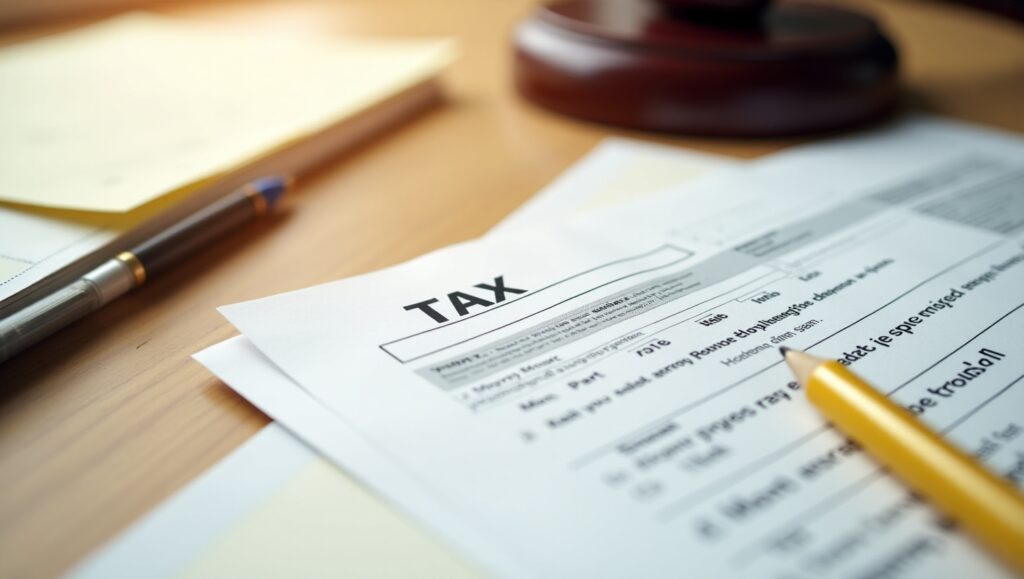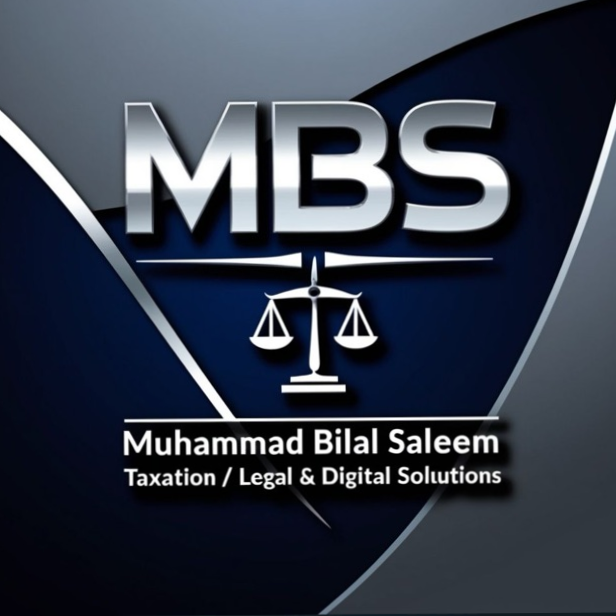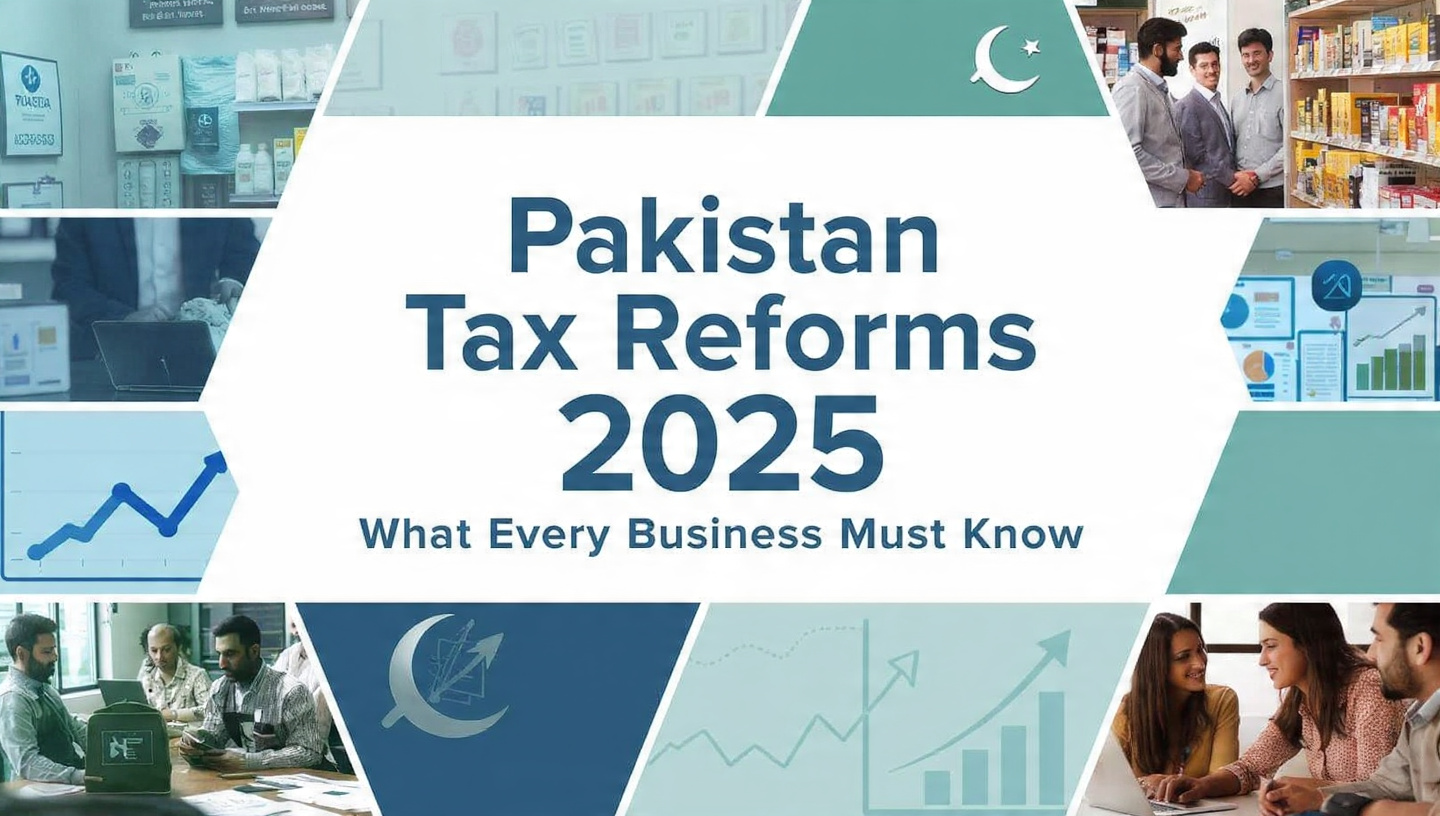
What is the Income Tax Ordinance, 2001? – A Beginner’s Guide
income tax ordinance
In Pakistan, it is important to understand the tax system for both individuals and companies. One of the most important and broad laws that control the tax structure in the country is the income tax regulation, 2001. Whether you are an official, a business owner or students who learn about the financial laws in the country, this guide will help you understand the basic words of the ordinance and why it means something in 2025.
Introduction to the Income Tax Ordinance, 2001
Regulation on income tax, 2001 is a legal framework that explains how income tax is collected in Pakistan and administered. It was introduced to change the income tax regulation in 1979 and bring the taxation process to international standards. Over the years, several changes have gone through funding that have been adopted each year to develop economic and digital needs.

Objective and Purpose of the Ordinance
The main objective of the income tax regulation is to ensure the collection of 2001 is correct, consistent and transparent. It provides legal basis:
- Taxpayer compliance by emphasizing obligations and rights
- Tax collection methods including returns, rating and revision
- Punishment and appeal in case of non approval
- Defines FBR and tax responsible rolls
Essentially, it acts as the backbone of Pakistan’s income tax system, which is aimed at understanding the tax base, reducing theft and ensuring similar contributions to residents and businesses.
Structure of the Ordinance
The income tax word, 2001, is a detailed legal document, which is carefully structured to cover all aspects of income tax in Pakistan. It is divided into:
- Parts: These include general provisions.
- Chapter: Each chapter is related to specific subjects such as taxable income, tax credit, discount, etc.
- Plan: These include tax rates, depreciation rates and other data -driven rules.

Key Chapters to Know
While the Ordinance is vast, here are a few key chapters that beginners should focus on:
- Chapter II – Charge of Tax
The taxable income and the original concept of tax rates explain. - Chapter III – Taxable Income
Income covers sources such as salaries, commercial income, capital gains and other sources. - Chapter IV – Exemptions and Tax Credits
Tax lists qualified income categories and individuals for relief or exemption (e.g. charity institutions, some state bodies). - Chapter V – Deductions
Explains the acceptable deduction from income, donations, commercial expenses, etc. - Chapter VI – Returns, Assessments, and Audits
Including how tax returns are filed, the assessment is performed and audits are initiated.
How it Applies to You
you are an official person:
You need to understand your taxplate, submit your annual return and possibly require a tax credit for investment, donation or insurance.
If you run a business:
You must maintain items, submit tax returns for business and stop taxes on employee’s salary or seller payment

Role of the Federal Board of Revenue (FBR)
The Federal Board of Revenue (FBR) is the central authority to implement the income tax regulation. it:
- Collects income tax in Pakistan
- Monitor compliance and tax evasion
- Issues notice and implementation audit
- Provides online platform as Iris for tax submission
In recent years, FBR has become more technology-used, AI-controlled risk profiles and real-time computer tracking.
Digital Transformation & Relevance in 2025
The regulation has developed a lot in many years, especially in light of digital adoption. In 2025, the focus is:
- Automated withdrawal processing
- Digital integration with Nadra, Banks and SECP
- E-stays and digital audit paths
- Income tax payment through mobile apps and QR code
Annual change through the Financial Act keeps the ordinance updated with the trend of global taxation and local needs.

Why It Matters in 2025
Understanding the income tax regulation is more important than ever before:
- Increased scrutiny: FBR switch on non-filters and under-reporting.
- Incentives for compliance: Filers are reduced to tax rates and benefits of bank transactions, real estate purchases, etc.
- Transparent documentation: Digital system means that all income, bank accounts and business transactions are traceable.
Final Thoughts
Regulation on income tax, 2001 is more than just a law – that is the basis for Pakistan’s income tax authority. Whether you are a person or business, being informed, help you avoid punishment, claim legal benefits and contribute to the development of the country. With ongoing reforms and digital changes in 2025, tax compliance has become more accessible and necessary than ever.

By understanding this regulation, you not only meet a legal requirement – you become a responsible citizen in the design of a fair economy.




